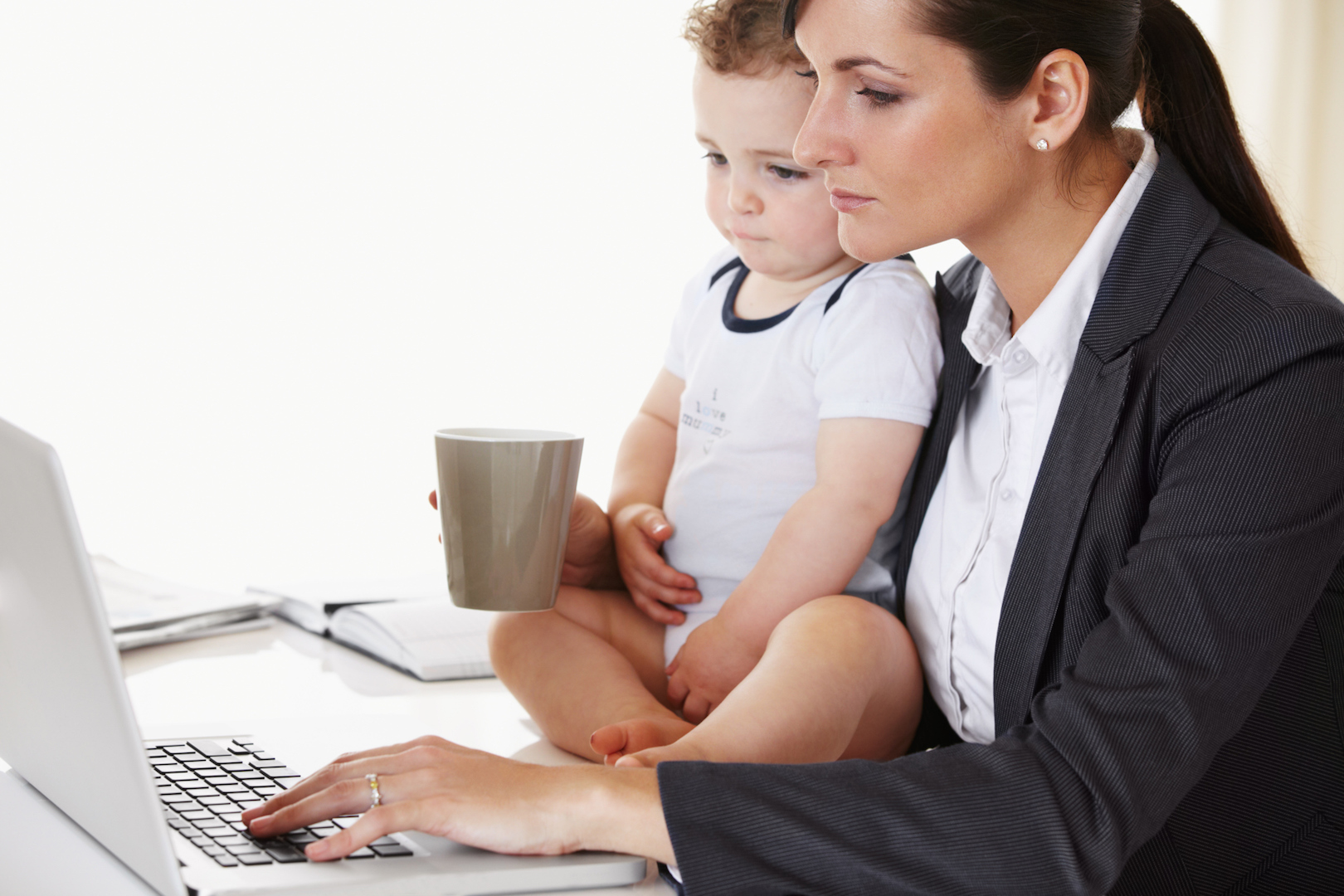
Samantha from Oakland writes: Since 2016, I have been working full-time for a small business in Oakland. I am pregnant with an expected due date of April 2018. When I spoke to the owner about my leave of absence after the birth of my baby, she said that because she only employs 30 employees, I would only be entitled to a 6 or 8 week leave of absence, depending on how my baby is delivered. Is that correct? I thought I would get another 12 weeks off for baby bonding? Will my job be protected if I take this much time off? I am also concerned about my health insurance. Does my employer have to continue making payments during my leave?
Thank you for your question Samantha and congratulations to you. In 2017, your employer would be correct. Both the federal Family and Medical Leave Act (FMLA) and the California Family Rights Act (CFRA) apply to employers with 50 or more employees, providing up to 12 weeks of unpaid job-protected parental leave to bond with a new child.
However, the New Parent Leave Act (SB 63) which took effect on January 1, 2018, extends FMLA and CFRA’s protection to smaller employers (with at least 20 employees within 75 miles)[1] and provides eligible employees (those who worked for the employer for 12 months and worked at least 1,250 hours over the prior 12 months) with up to 12 weeks of unpaid job-protected parental leave to bond with a new child in the 12 months following the child’s birth, adoption, or foster care placement.
It would be unlawful for covered employers to interfere with or deny an employee’s right to leave or to retaliate or discriminate against an employee for exercising rights under the New Parent Leave Act. The New Parent Leave Act requires covered employers to provide a guarantee of employment in “the same or comparable position” upon the employee’s return, on or before the leave commences. Covered employers must also allow employees to use paid sick time, accrued vacation pay, or other time off over the leave period.
Covered employers will also be required to continue to pay its regular share of healthcare premiums during the leave. However, if the employee fails to return to work after his or her leave has expired and the employee’s failure to return to work “is for a reason other than the continuation, recurrence, or onset of a serious health condition, or other circumstances beyond the control of the employee”, then the employer may recover health care premiums.
Parental leave under the New Parent Leave Act is counted separately from leave taken under California’s Pregnancy Disability Leave Law. In other words, leave under the New Parent Leave Act is in addition to any time an employee takes off from work for pregnancy or childbirth-related health conditions. Employees may take the leave intermittently or all at once.
If your employer retaliates against you for requesting and/or using paid sick day, you can file a complaint with the California Department of Fair Employment and Housing or consult with a trial attorney to protect your rights.
[1] The law will not apply to employers with 50 or more employees as they will be covered under the California Family Rights Act and the Family Medical Leave Act.










